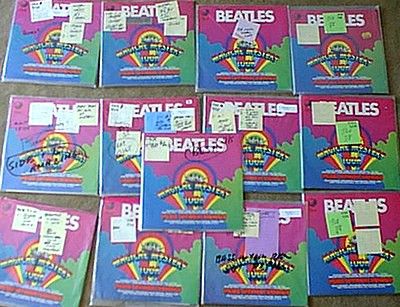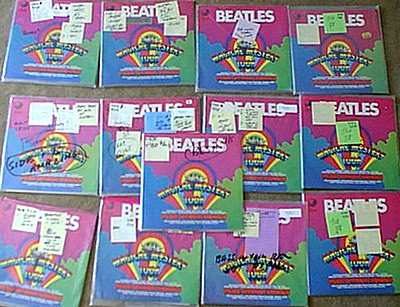
More of the music of Claude Debussy (1862-1918)
More Reviews and Commentaries for Images for Orchestra
None of the pressings on this later Stereo Treasury label that we played in our most recent shootouts were very good, unlike the Silver Print labels, which can sound quite respectable.
At this stage of the game, we’ve learned our lesson and will not be giving any more of the Black Label pressings a chance. This goes for practically all the records we’ve played on the later Stereo Treasury label. They rarely sound any good and just aren’t worth the trouble now that we know what the best pressings are.

Both the Ansermet on London and the Munch on RCA are better recordings, but both sell for quite a bit more money than the Stereo Treasury pressings we offer, so if you can’t see spending the kind of bread they command, there is a much more affordable alternative that is guaranteed to satisfy.

There are quite a number of other records that we’ve run into over the years with obvious shortcomings.
Here are some of them, a very small fraction of what we’ve played, broken down by label.
London/Decca records with weak sound or performances
Mercury records with weak sound or performances
RCA records with weak sound or performances
We’ve auditioned countless pressings in the 36 years we’ve been in business — buying, cleaning and playing them by the thousands.
This is how we find the best sounding vinyl pressings ever made.
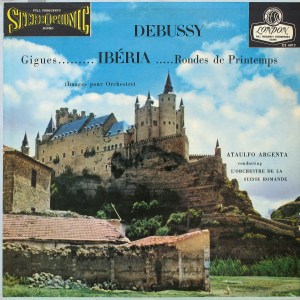 Not the ones that should sound the best. The ones that actually do sound the best.
Not the ones that should sound the best. The ones that actually do sound the best.
If you’re an audiophile looking for top quality sound on vintage vinyl, we’d be happy to send you the Hot Stamper pressing guaranteed to beat anything and everything you’ve heard, especially if you have any pressing marketed as suitable for an audiophile. Those, with very few exceptions, are the worst.
And if we can’t beat whatever LP you own or have heard, you get your money back, simple as that.
 More of the Music of Felix Mendelssohn
More of the Music of Felix Mendelssohn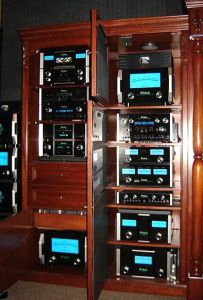 A stereo that sounds like an old console, even one that has expensive new components — there are plenty of those sitting in audiophile’s listening rooms, bathing the listeners in an artificial blue light, perhaps as artificial as the quality of the sound — is perfect for all your bad sounding Golden Age recordings. The signal goes in one end of the electronics and not much of it comes out the other, or at least not much of the good stuff comes out the other.
A stereo that sounds like an old console, even one that has expensive new components — there are plenty of those sitting in audiophile’s listening rooms, bathing the listeners in an artificial blue light, perhaps as artificial as the quality of the sound — is perfect for all your bad sounding Golden Age recordings. The signal goes in one end of the electronics and not much of it comes out the other, or at least not much of the good stuff comes out the other.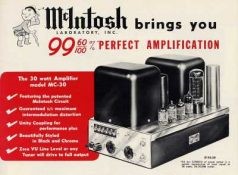 You can find this one in our
You can find this one in our 

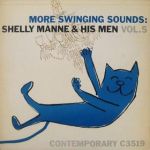 Hot Stamper Pressings of Well Recorded Jazz Albums In Stock Now
Hot Stamper Pressings of Well Recorded Jazz Albums In Stock Now Our old system
Our old system
 Hot Stamper Pressings Featuring the Violin Available Now
Hot Stamper Pressings Featuring the Violin Available Now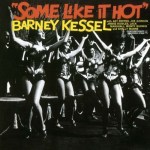

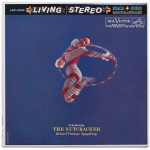

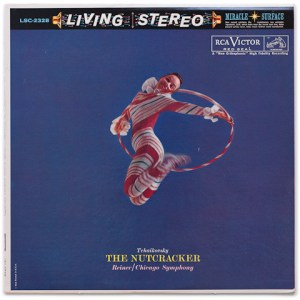 This is how we find the best sounding vinyl pressings ever made, through trial and error. It may be expensive and time consuming, but there is simply no other method for finding better records that works. If you know of one, please write me!
This is how we find the best sounding vinyl pressings ever made, through trial and error. It may be expensive and time consuming, but there is simply no other method for finding better records that works. If you know of one, please write me!